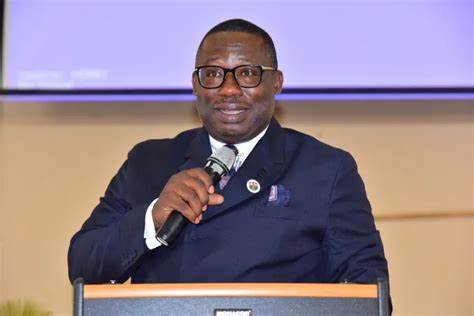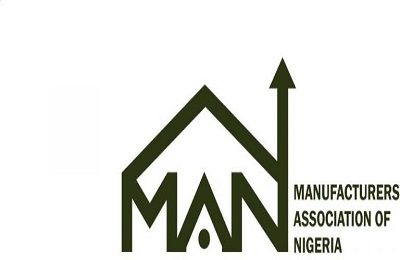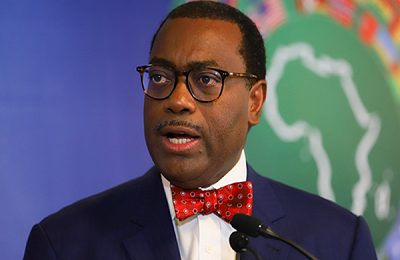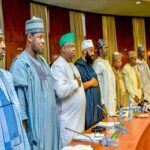Nigeria’s leading business group, NACCIMA, has called for immediate government action. The Nigerian Association of Chambers of Commerce, Industry, Mines, and Agriculture sees a worsening poverty crisis. Swift intervention is necessary.
This urgent call follows a stark World Bank report. The April 2025 Africa’s Pulse report revealed troubling figures. Nigeria holds 19% of sub-Saharan Africa’s extremely poor population. This is the largest share in the region. More than 106 million Nigerians now live in extreme poverty. This figure represents roughly 15% of the world’s poorest people. The report further warns Nigeria’s national poverty rate could climb to 56% by 2027. The situation demands attention in Africa’s largest economy.
NACCIMA President: Policy Reforms Are Critical
Dele Kelvin Oye, NACCIMA’s National President, reacted to the World Bank data. He called the findings “a stark reminder” of poverty’s urgent threat. Oye identified key drivers speeding up the crisis: rising inflation, young people leaving the country (migration), and growing government debt. He stressed the need for quick, targeted policy responses.
Oye specifically criticized the Central Bank of Nigeria’s current monetary policy. He pointed to commercial lending rates of 30–40%. Oye stated these high rates hurt new businesses, factory production, and farm growth. He proposed solutions like government-backed funding. He also suggested special low-interest loans for small businesses (MSMEs) and vital industries. Such support could fuel growth, generate jobs, and secure the nation’s food supply.
Addressing the Youth Exodus (“Japa”)
The trend of skilled young Nigerians leaving the country, known as “Japa,” is alarming, Oye noted. He warned that lack of economic opportunity and safety concerns are pushing talented youth abroad. To combat this, Oye suggested several actions. These include large-scale public employment programs, digital skills education, and increased security funding in hard-hit areas. He also emphasized programs supporting youth businesses and rural enterprises, particularly in farming and basic manufacturing. These efforts could make staying in Nigeria a more attractive choice.
Oye also offered broader advice to the government. He recommended focusing public money on long-term projects (capital spending). He suggested widening the tax base without raising tax rates. Improving how public money is spent and selling or leasing poorly performing government assets were other suggestions.
Adapting to Global Shifts and Working Together
The global economy is changing, Oye observed. He advised Nigeria to adjust its foreign policy. The US dollar’s influence is decreasing, while new digital payment methods are rising. Nigeria needs a smart strategy to strengthen its economic position, he urged.
Despite the serious challenges, NACCIMA acknowledged the government’s openness. Finance Minister Wale Edun and CBN Governor Olayemi Cardoso were praised for discussing Nigeria’s difficulties frankly during recent IMF/World Bank meetings. NACCIMA concluded that close cooperation between the government and the private sector is essential now. Millions of Nigerians suffer from many forms of poverty. They lack access to healthcare, clean water, education, electricity, and safe housing. Action is needed to address these deprivations.








